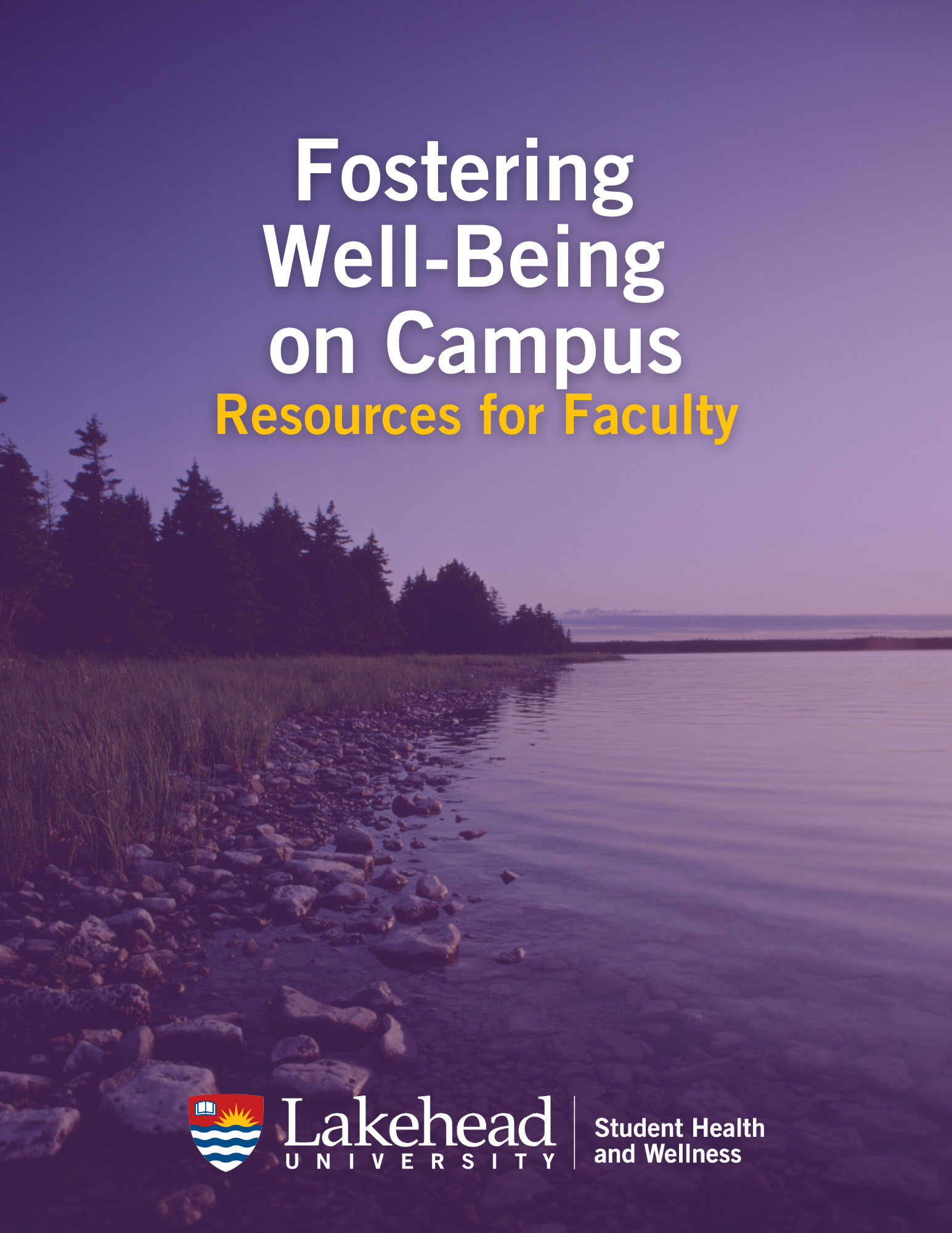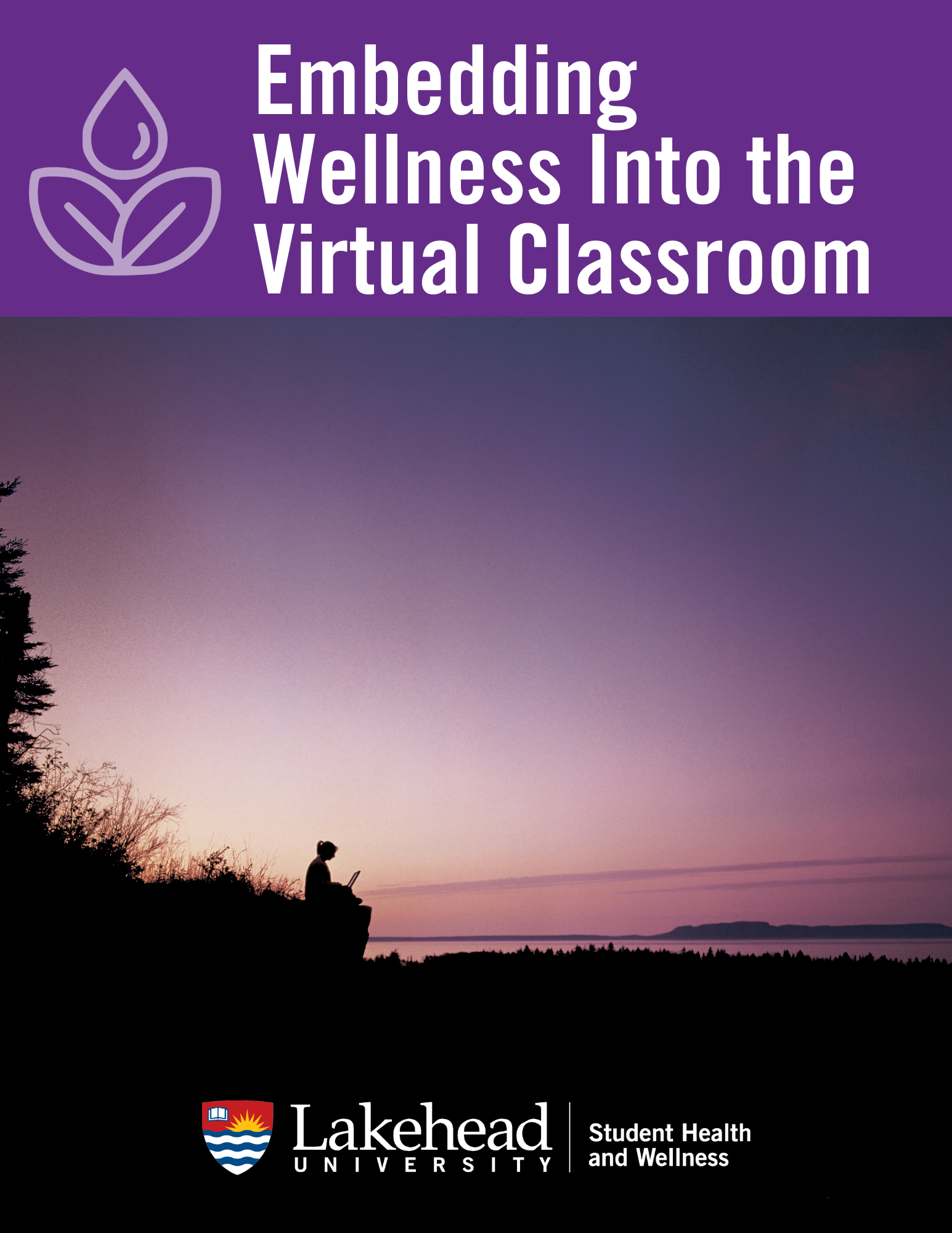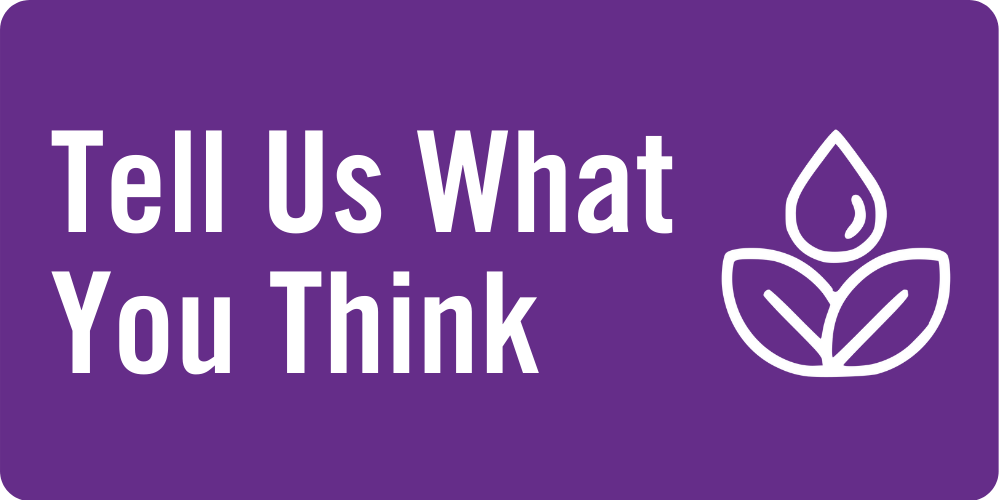
Student Health and Wellness: Partnering to Support Student Success
At Lakehead, Student Health and Wellness (SHW) takes a strategic, evidence-informed approach to promoting student wellbeing. Our work is guided by national frameworks like the Okanagan Charter, the National Standard for Mental Health and Well-Being for Post-Secondary Students, and Lakehead University’s Strategic Plan and Wellness Strategy.
We also ground our work in local student data. SHW regularly collects and analyzes campus-specific wellbeing information to ensure our services reflect the real needs of Lakehead students. Most recently, we conducted the National College Health Assessment (NCHA) and will participate in the Canadian Campus Wellbeing Survey (CCWS) in 2026. These results inform our programming, outreach, and strategic planning.
We’ve developed key guiding documents for our department, including:
These strategies help operationalize best practices, ensure coordinated and sustainable support for students, and align our work with campus-wide priorities.
Faculty and staff play a critical role in fostering a healthy campus culture. Whether you’re noticing a student in distress, embedding wellness into your teaching, or responding to a critical incident, SHW is here to support you with practical tools, evidence-informed training, and opportunities for collaboration.
The WellU Key: A Simple Way to Help Students Find the Right Support
 The WellU Key is Student Health and Wellness starting point for student well-being. It helps students check in with their mental health, reflect on their needs, and explore support options, all in one place.
The WellU Key is Student Health and Wellness starting point for student well-being. It helps students check in with their mental health, reflect on their needs, and explore support options, all in one place.
It makes it easier for staff and faculty to support students by offering a reliable, go-to tool that connects them with the right resources, without requiring you to assess their situation or determine next steps.
| What the WellU Key Offers |
The WellU Key is an online tool that helps students:
It’s a one-stop resource designed to meet students where they’re at and allows them to make decisions about what kind of support fits their needs. |
| When the WellU Key Can Help |
We recognize that faculty and staff are managing full workloads and may not always feel equipped to navigate the complexities of student support. The WellU Key streamlines this process by providing students with a self-guided approach to explore options tailored to their individual needs. All you have to do is point them in its direction. Whatever they’re facing, stress, academic pressure, mental health concerns, or something else, the WellU Key helps students take the next step. |
| Integrating the WellU Key Into Your Role |
|
Recognizing and Responding to Students in Distress
 Often, Lakehead University faculty and staff are the first to notice when a student may be struggling, whether it's a change in behaviour, missed classes, or something shared in conversation.
Often, Lakehead University faculty and staff are the first to notice when a student may be struggling, whether it's a change in behaviour, missed classes, or something shared in conversation.
To help you navigate these situations with confidence, Student Health and Wellness has developed the Supporting Students in Distress module and campus-specific guides. These tools are designed to help you recognize signs of distress, respond with care, and refer students to the right supports.
You don’t need to have all the answers; just knowing how to check in and where to point students for help can make a meaningful difference. Our goal is to make that process as clear, manageable, and supportive as possible.
| Supporting Students in Distress Training |
This self-paced module guides how to:
To access the module:
|
| Download the Guide |
Embedding Wellness into the Classroom
Your classroom can be a powerful space for promoting student wellbeing. We offer practical strategies and resources to help.
| Email Signature |
Email signatures are regularly used to communicate information. Using your email signature to communicate your working hours can help to support your own work-life balance and create realistic expectations of response time for students. Linking to the How to Ask for Help guide ensures that even if you do not immediately respond- students are still aware of the support and resources available to them and are encouraged to access them when needed. Suggested Signature line: PLEASE NOTE MY WORK HOURS: I check and respond to emails during my working hours of Monday to Friday, 8:30 am to 4:30 pm. I will not regularly see or respond to emails outside of these hours. Are you ok? Check in with the WellU Key to find the mental health resources you are looking for Need to talk to someone right now? Good 2 Talk is a free, confidential 24/7 post-secondary student helpline. Call 1-866-925-5454 or text GOOD2TALKON to 686868. |
| Mental Health Syllabi Statement |
A statement in the syllabus can send a positive signal of support for students' learning and well-being by including recommendations and encouragement for students to take care of themselves and seek help when they need it. The statement might also be used to encourage classroom conversations about the stigma that keeps students from getting professional help. Suggested Statement: As a university student, you may sometimes experience mental health concerns or stressful events that interfere with your academic performance and negatively impact your daily activities. All of us can benefit from support during times of struggle. If you or anyone you know experiences academic stress, difficult life events or feelings of anxiety or depression, Lakehead has resources available to you. Check in with the WellU Key to find the mental health resources you are looking for. Remember that getting help is a smart and courageous thing to do- for yourself, for those you care about, and for those who care about you. Asking for support sooner rather than later is almost always helpful. You could also choose to include this slide with the statement into your lecture slides. Student Health and Wellness can also provide a short presentation about the wellness services on campus. |
| Instructional Strategies |
Information adapted from Supporting Students’ Mental Wellbeing: Instructional Strategies. Centre for Teaching Excellence, University of Waterloo. |
| Classroom Presentations |
Student Health and Wellness staff are available for classroom presentations/workshops. See what sessions are available and complete a request here. |
| Wellness in Learning Environments |
Classrooms present the opportunity to reach all students, and faculty and instructors are invaluable contributors to student learning and development. Student Health and Wellness has developed resources to support Lakehead faculty in bringing wellness into the learning environment. Fostering Well-Being on Campus  This guide offers Lakehead staff and faculty context for student mental health at Lakehead and practical strategies to support well-being in their classrooms. Embedding Wellness into the Virtual Classroom  This guide is designed to support faculty and instructors in maintaining their own health and well-being while also fostering health and well-being in virtual learning environments. This resource is based on the “10 Ways to Embed Wellness in the Virtual Classroom” developed by Simon Fraser University’s Health Promotion department and has been adapted with updated resources and to include Lakehead-specific information, resources and branded materials. For more information about well-being in the online environment, check out this resource from CICMH. This toolkit identifies four kinds of resilience grounded in research and evidence-based practices: community resilience, personal resilience, academic resilience, and career resilience. The toolkit offers practical resources which can easily be inserted directly into your curriculum, resources to support you in designing curriculum and utilizing pedagogical approaches that promote resilience, as well as in-depth research for those interested in learning more about student resilience. The toolkit was developed by a diverse team of postsecondary faculty, mental health professionals, learning experts, and community partners at Colleges and Universities across Ontario (Centennial College, Humber College, Sheridan College, Trent University, The University of Toronto - OISE, Western University - Ivey School of Business, Ryerson (X) University, and the Centre for Innovation in Campus Mental Health), with generous funding support from eCampus Ontario's Virtual Learning Strategy. |
| Enabling better student mental health through teaching and learning practices |
For more mental health teaching practices, visit Best Practices in Higher Ed.
Student Health and Wellness Resources
Faculty and staff are key partners in helping students connect with support. Whether it’s a poster on your office door, a slide in your course intro, or a resource shared online, these tools can help normalize help-seeking and highlight available services
- Downloads
- Request print materials (posters, cards, etc)
- Lecture Slides
- Many SHW resources are also available in the Learning Object Repository (LOR) and can be easily embedded into your D2L classroom. Just search for “Student Health and Wellness” in the LOR to browse and add relevant content.
If you cannot find what you are looking for, please reach out to our Health Promoter, Lindsey Wachter.
Additional Resources
Whether you're looking to deepen your understanding, strengthen your classroom strategies, or support your own wellbeing, these external tools and reports are designed to complement the work we do at Lakehead and support you in your role.
| More Feet on The Ground |
This is a free online mental health education program that teaches participants to Recognize, Respond, and Refer individuals experiencing mental health problems on campus. The program was developed by the Council of Ontario Universities (COU) in partnership with Brock University and the Ontario Government’s Mental Health Innovation Fund and has been adapted and branded for all participating post-secondary institutions across Ontario. |
| More Campus Mental Health Resources |
|
| Supporting Your Own Well-Being |



